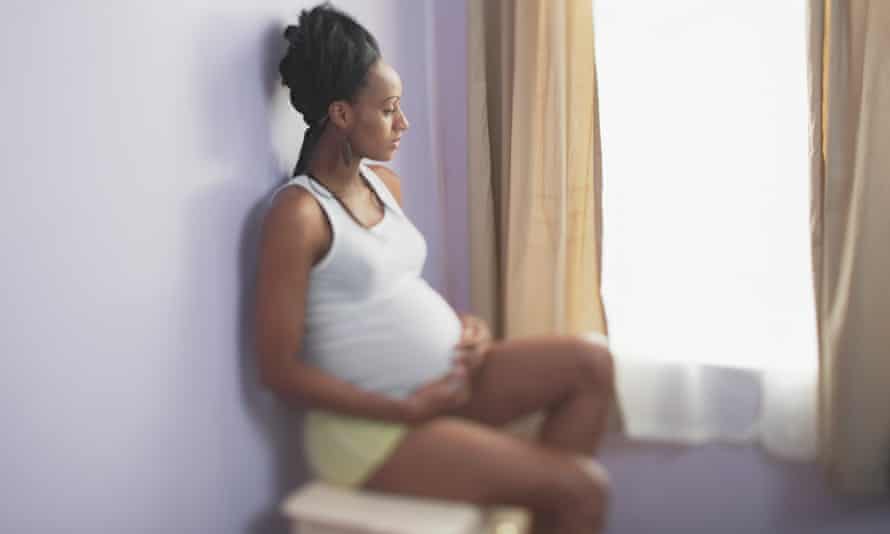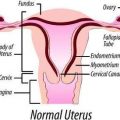Pregnancy occurs when a sperm fertilizes an egg after it’s released from the ovary during ovulation. The fertilized egg then travels down into the uterus, where implantation occurs. A successful implantation results in pregnancy.
On average, a full-term pregnancy lasts 40 weeks. There are many factors that can affect a pregnancy. Women who receive an early pregnancy diagnosis and prenatal care are more likely to experience a healthy pregnancy and give birth to a healthy baby.
What is Lennon Lewensessens Essence of Life?
Lennon Lewensessens Essence of Life mixture is a medication that offers relief for constipation as well as discomforts like a distended stomach and cramps associated with excessive eating or drinking. Women have constipation more often than men. This may have to do with the slower movement of food through a woman’s intestines, as well as with the effects of female hormones on the GI tract. There are a few effective constipation treatments.
In addition, constipation during pregnancy is due to the increase in progesterone hormones that relax the intestinal muscle causing food and waste to move slower through your system. Sometimes iron tablets may contribute to constipation. Make sure you are drinking plenty of water if you are taking iron supplements.
Does Lewensessens Essence of Life Terminate pregnancy?
Lewensessens Essence of Life is not an abortion agent and will not lead to destruction or termination of a pregnancy. You will remain fully pregnant after taking Essence of Life. Essence of Life is a constipation medicine.
Anecdotal evidence suggests that all women who try to end their pregnancies using Essence of Life – Lewensessens all end up having babies. It is a waste of time as far as pregnancy termination is concerned.
Essence of Life – Lewensessens is not good for abortion, instead use abortion pills. Abortion Pills terminate a pregnancy safely.
Abortions are safe when they are carried out with a method that is recommended by WHO and that is appropriate to the pregnancy duration, and when the person carrying out the abortion has the necessary skills. Such abortions can be done using tablets (medical abortion) or a simple outpatient procedure.
An abortion is unsafe when it is carried out either by a person lacking the necessary skills or in an environment that does not conform to minimal medical standards, or both. Unsafe abortion is a neglected public health problem contributing for 13% of maternal death worldwide. In Africa, 99% of abortions are unsafe resulting in one maternal death per 150 cases. The people, skills, and medical standards considered safe in the provision of induced abortions are different for medical abortion (which is performed with drugs alone), and surgical abortion (which is performed with a manual or electric aspirator). Skills and medical standards required for safe abortion also vary depending upon the duration of the pregnancy and evolving scientific advances.
- They are less safe, when done using outdated methods like sharp curettage, even if the provider is trained or if women using tablets do not have access to proper information or to a trained person if they need help.
- Abortions are dangerous or least safe when they involve ingestion of caustic substances or when untrained persons use dangerous methods such as insertion of foreign bodies, or use of traditional concoctions.
Women, including adolescents, with unwanted pregnancies often resort to unsafe abortion when they cannot access safe abortion. Studies indicate that lack of knowledge on safe abortion services, poor socio-economic conditions, cultural and religious beliefs, a stigma of unplanned pregnancy, a desire to bear children only after marriage, attempts to avoid parental/guardian disappointment and resentment, and a desire to pursue education are listed as situations that contributed to unsafe abortion practices.







